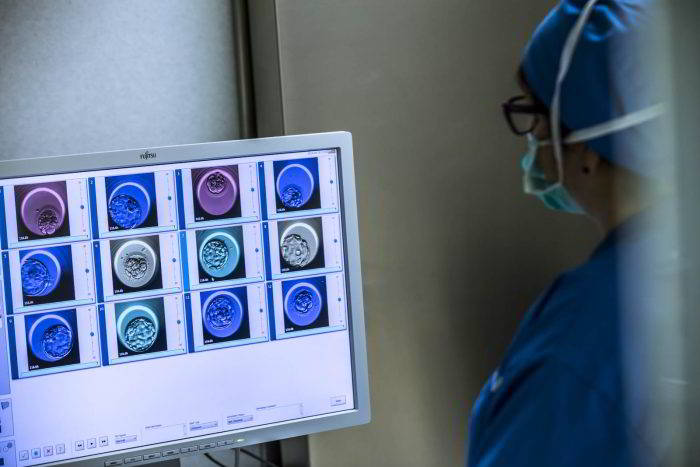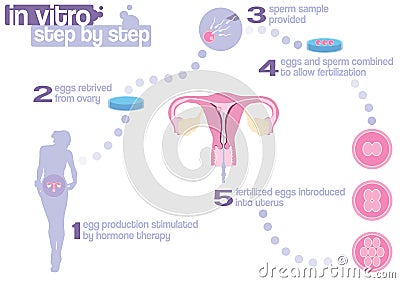

To identify relevant stakeholders involved in or affected by AMR in your country.

To form Evidence Briefs for Policy (EBP) core team (with assigned roles/tasks).Session 4: Learning from success stories of EVIPNet Member Countries: development of evidence briefs for policy on AMR including: Slovenia case study on ‘Translating AMR data and evidence into effective policies (EBP development) driving factors, challenges, and lessons learned importance of a multi-level/sectoral approach the need to integrate local evidence the crucial role of Ministries of Health to put options on the political agenda (and sufficient capacity within the MoH and NIPH).Īfter a brief introduction, Webinar 2 began with ‘Feedback on preparatory work’ outlined in Webinar 1: Session 3: Knowledge generation and knowledge translation as a spectrum: evidence on establishing and/or strengthening national health research system using a systems approach and the need of cross evidence ecosystem collaboration including: the National health research system (NHRS) WHO guides/ tools key workstreams of the evidence ecosystem, i.e., partnering for complementary support in decision-making HO workstreams, i.e., data analytics, guidelines, health technology assessment (HTA), evidence-informed policy-making supports, modelling, and behavioral research and the evidence ecosystem framework and policy/action cycle. Session 2: Understanding role of evidence in policy-making process and efforts to support use of evidence in policy-making including: policy process overview major public policy theories/frameworks stages in public policy making, i.e., definition, agenda setting, and policy instruments/implementation/ evaluation importance of robust research/data/evidence, as well as KT tools/strategies and enhancing awareness/capacity of, and engaging policy-makers/stakeholders early, and sustaining engagement. Brief overview of the policy-making process including: promoting the use of research evidence in policy-making to improve health systems increasing country capacity in/institutionalising knowledge translation (KT) approaches to increase research utilization developing evidence briefs to inform health policy deliberations, and assess the impacts of policy options and the evidence-action cycle, including priority-setting, evidence, convening deliberative dialogue, and policy implementation. After an introduction to evidence-informed policy-making (EIP) and EVIPNet, Webinar 1 included the first four (of 15) training sessions:


 0 kommentar(er)
0 kommentar(er)
